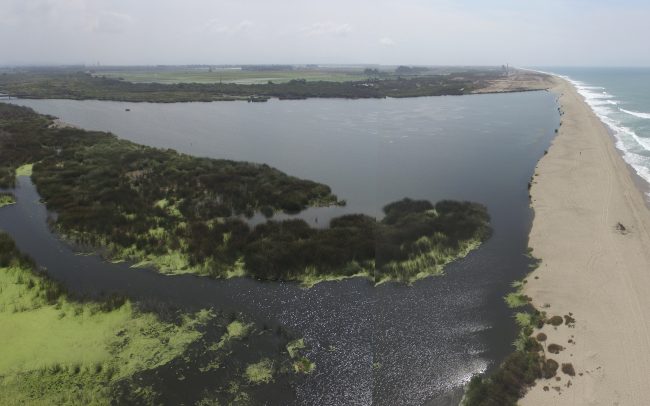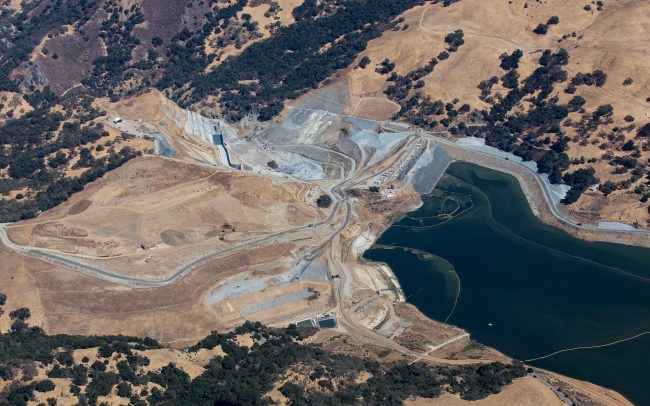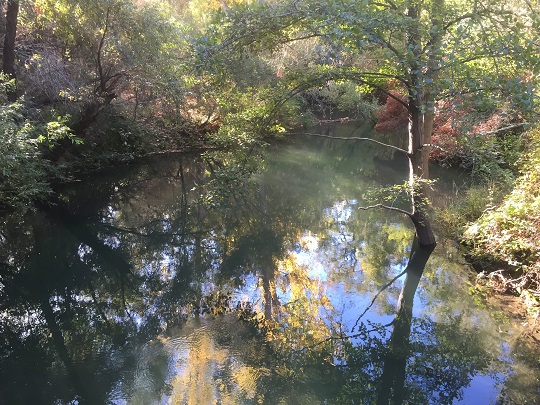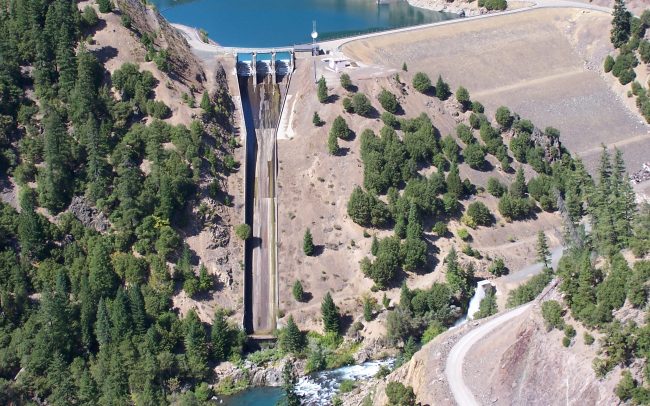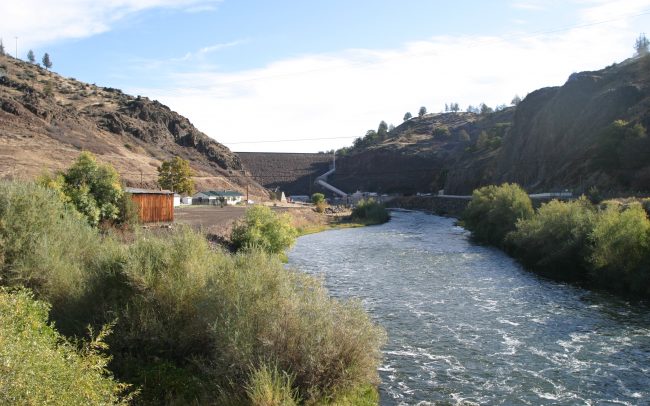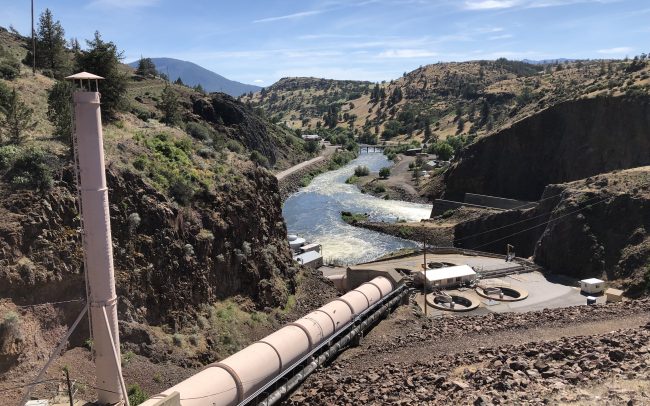Since construction began on the Calaveras Dam Replacement Project in 2011, the Sunol Valley Water Treatment Plant (SVWTP) has had difficulty treating local water sources from Calaveras and San Antonio reservoirs during periodic shutdowns of the Hetch Hetchy aqueduct for planned maintenance and seismic upgrades. The exact cause of the challenging conditions remains unclear but they may be related to turbidity and increased algal growth due to the 60% reduction in water levels needed to ensure dam safety during the seismic upgrades of Calaveras Dam.
In early 2017, the 19-mile Mountain Tunnel portion of the Hetch Hetchy aqueduct was shut down for inspection and maintenance, effectively isolating drinking water supplies to 2.6 million Bay Area residences and businesses for up to 90 days. Because Alameda County and peninsula water supplies will be limited to stored water and local runoff, Stillwater Sciences was contracted to review an existing Algae Monitoring and Mitigation Plan (AMMP) as well as operating procedures in order to develop appropriate response and mitigation measures to altered water quality conditions in Calaveras and other water supply reservoirs.
To develop management recommendations, Stillwater is assessing reservoir conditions, including nutrients, turbidity, algae bloom history associations with taste and odor complaints, as well as treatment effectiveness of approved algaecides. In the end, improving overall reservoir circulation may improve water quality for the water system during the largescale construction.
In future phases of work, Stillwater will provide recommendations for updates to the AMMP, address cyanotoxin risks in finished water, as well as recommending algae monitoring and prevention approaches that utilize new algal surveillance techniques.

